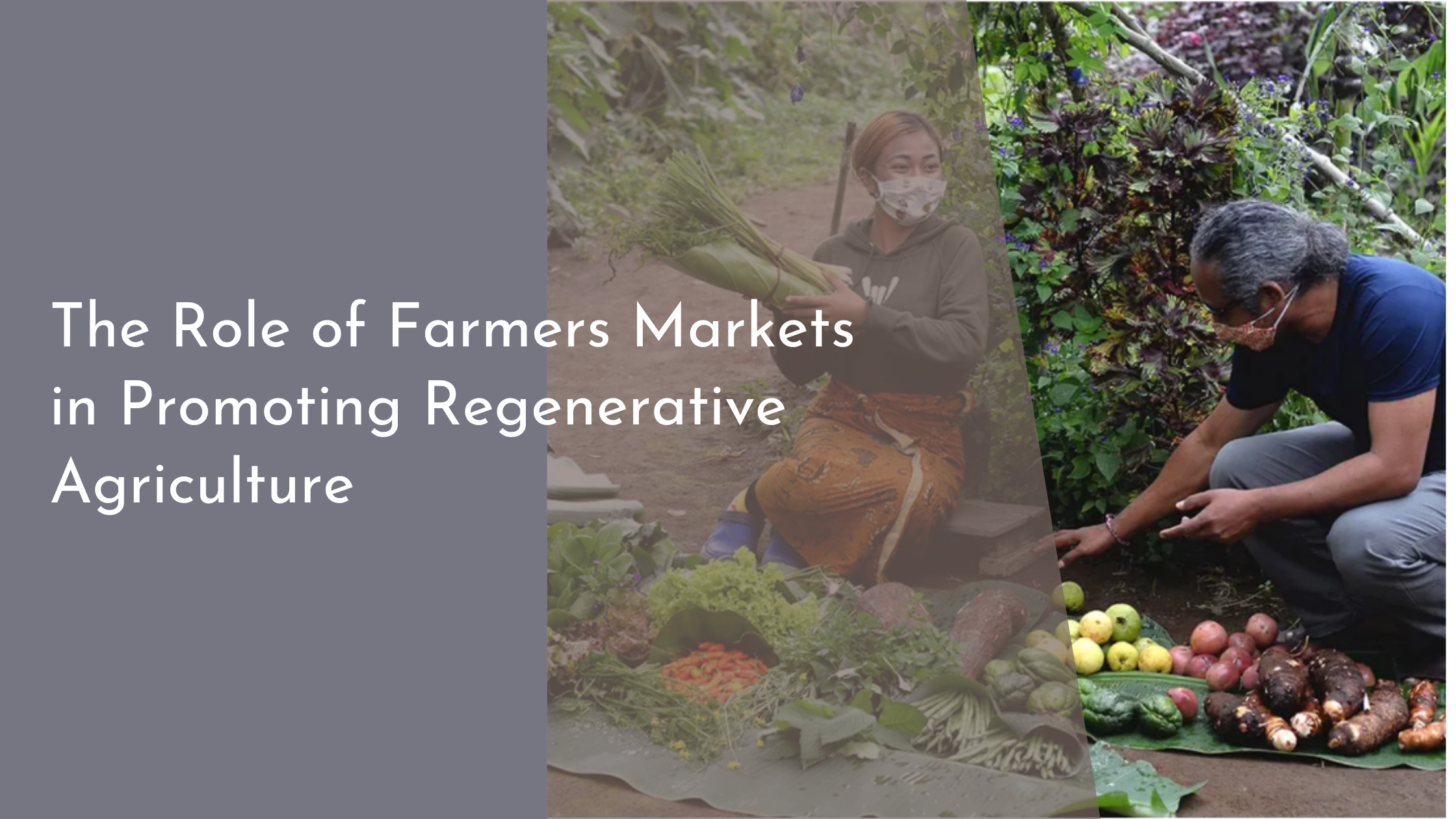The Role of Farmers Markets in Promoting Regenerative Agriculture
In recent years, the paradigm of agriculture has been shifting towards more sustainable practices. Regenerative agriculture, a holistic approach that emphasizes the health of ecosystems, has been gaining traction among farmers and consumers alike. But how do these practices take root in local communities? Enter farmers markets, vibrant hubs that connect producers and consumers while championing environmental stewardship. In this article, we explore how farmers markets play a pivotal role in promoting regenerative agriculture.
Understanding Regenerative Agriculture Basics
Regenerative agriculture is a system of farming principles and practices that seeks to rehabilitate and enhance the entire ecosystem of a farm. It focuses on topsoil regeneration, increasing biodiversity, improving the water cycle, and strengthening the health and vitality of farm soil. Importantly, regenerative agriculture also emphasizes the importance of community health and economic resilience. The goal is not just to sustain current agricultural methods but to improve them over time, leading to better outputs and healthier ecosystems.
At the heart of regenerative agriculture is the concept of working with nature rather than against it. This approach includes practices like crop rotation, agroforestry, and reduced tillage. These methods aim to increase the organic matter in the soil, which enhances its ability to retain water and nutrients. By fostering a more resilient ecosystem, regenerative agriculture can mitigate climate change, improve water quality, and increase biodiversity. This holistic approach offers a promising avenue for meeting the food needs of the present without compromising the ability of future generations to meet their own needs.
How Farmers Markets Drive Local Economy
Farmers markets are more than just a place to purchase fresh produce; they are vital engines for local economies. By providing a direct route from producer to consumer, these markets help to cut out the middleman, ensuring that more of the profit goes directly to the farmers. This immediate and fair compensation incentivizes farmers to invest in sustainable and regenerative practices, creating a positive feedback loop. Moreover, local spending recirculates in the community, promoting economic resilience and job creation.
The direct connection between consumers and producers fosters transparency and trust, encouraging informed choices. Consumers can ask about the agricultural practices used and make purchasing decisions that align with their values. These interactions not only increase the demand for regenerative products but also provide farmers with valuable feedback, helping them to adapt and innovate. In this way, farmers markets serve as a nexus for economic activity, sustainability, and community engagement.
Building Community Through Sustainable Practices
Farmers markets are fertile grounds for cultivating community spirit and environmental awareness. They offer a social venue where people can gather, learn, and share ideas about sustainable living. Educational events, workshops, and demonstrations on topics such as composting, permaculture, and organic farming are often part of the market experience. These activities raise awareness about the importance of sustainable agriculture and empower consumers to make environmentally friendly choices.
Furthermore, farmers markets often partner with local schools, non-profits, and other organizations to promote community initiatives and sustainable practices. By hosting events and collaborating on projects, farmers markets become more than just a place to shop; they become a hub of community activity and education. This collective approach helps to build a strong, informed, and committed community that supports and participates in regenerative agriculture.
Conclusion: Farmers Markets as Catalysts for Change
Farmers markets serve as powerful catalysts for change by promoting regenerative agriculture and sustainable practices. They provide a platform for farmers to showcase their commitment to environmental stewardship and for consumers to access fresh, sustainable produce. By bridging the gap between rural producers and urban consumers, farmers markets foster mutual understanding and support.
In conclusion, farmers markets are more than just a venue for selling and buying food; they are vital components of the movement towards a more sustainable and regenerative agricultural system. By driving local economies, building community, and advocating for sustainable practices, they play a crucial role in shaping a healthier, more resilient future. As awareness and demand for regenerative agriculture grow, farmers markets will continue to be instrumental in facilitating this essential transition, proving that small, local actions can indeed lead to global change.

